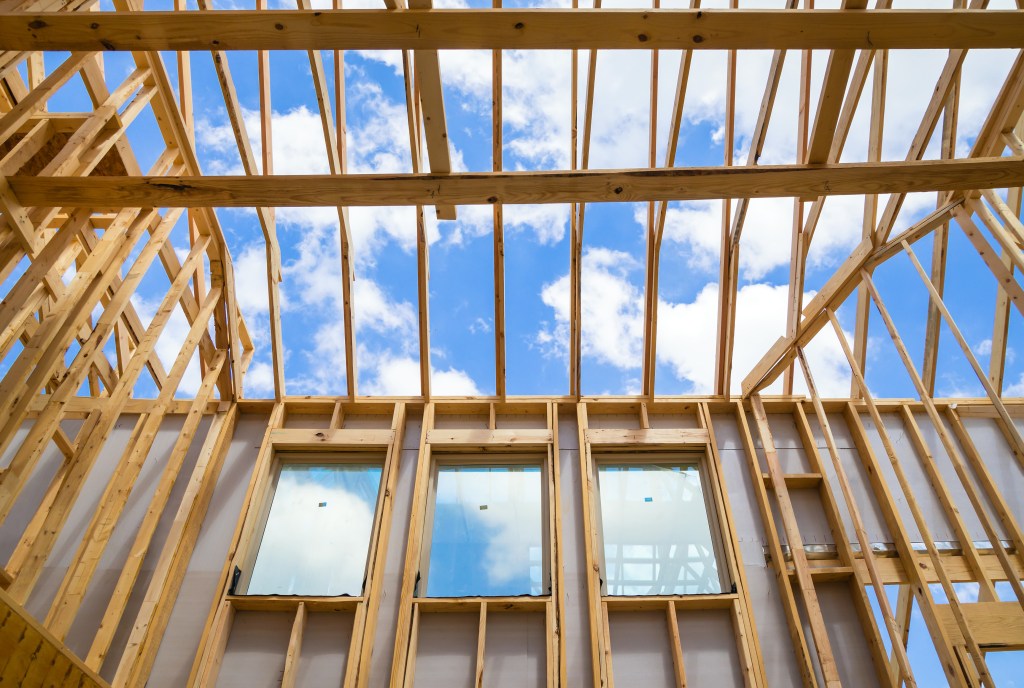The LBM industry made the cut as the Department of Homeland Security (DHS) made distinctions about what constitutes a critical or essential business during the ongoing coronavirus pandemic.
In its Memorandum of Identification of Essential Critical Infrastructure Workers During Covid-19 Response, the DHS wrote those working in “critical infrastructure” industries have a “special responsibility” to maintain normal work schedules. The DHS defined food and agriculture workers, including those who “support the manufacture and distribution of forest products, including, but not limited to timber paper, and other wood products” as essential.
The decision was applauded as a victory by the National Lumber and Building Material Dealers Association (NLBMDA).
“This is a big win for our industry,” Jonathan Paine, NLBMDA president and CEO said in a public release shortly after the DHS’s announcement. “NLBMDA has been working over the past week to educate federal policymakers about why the LBM industry is essential to both the economy and the COVID-19 response. We are pleased to see that the Administration, through DHS, has agreed with our association and included those who support the manufacture and distribution of forest products, such as lumber, in their definition of essential critical infrastructure workers.”
The NLBMDA made the case that LBM dealers are critical to addressing the ongoing pandemic through their support of the residential and commercial sectors, their sales of vital cleaning and disinfecting products, and their supply of well-paying jobs in its lobbying efforts. Paine said the association will now work to ensure state and local governments properly implement the DHS’s decision to keep LBM dealers’ doors open during the coronavirus pandemic.
This recognition at the national level is helping state and local legislators determine whether or not dealers are essential businesses, said Rita Ferris, president of the Northeastern Retail Lumber Association (NRLA). “That took a lot of pressure off of the states to have to sort out which ones were going to be open and which ones were going to close,” Ferris told ProSales magazine.
That wasn’t the NLBMDA’s only fight, as it also had to ensure that all of the retail lumberyards’ partners (such as manufacturers, distributors, and contractors) were also deemed essential businesses. “Just having the retail yards open wasn’t really going to be as helpful to the communities and municipalities and to our businesses, so we had to go make sure that everyone not only understood our role, but everyone else’s role,” Ferris said.
Unfortunately, the NRLA is still fighting this battle at the state and local level. “Pennsylvania is one of the first ones that made the decision to include the retail yards, but they didn’t include…wholesalers and manufacturers. So, we’re still working really hard to try to get them included, as well,” Ferris said.
Response to the coronavirus has forced Builders FirstSource to temporarily shutter four of its locations in Pennsylvania.
“We also had a similar situation in Massachusetts, where initially the municipalities started deciding which businesses could be open and which ones couldn’t. So, you could have a retail yard in one area open and a distributor in the next town over and they would have to be closed. But, then, the governor…said no, the state ruling supersedes [local orders] and we want manufacturers, distributors, retailers, and contractors working,” Ferris said. “We’re already seeing some of the municipalities push back on that, and what happens remains to be seen.”
[Editor’s note: This article was updated on March 26 to include feedback from the Northeastern Retail Lumber Association.]




